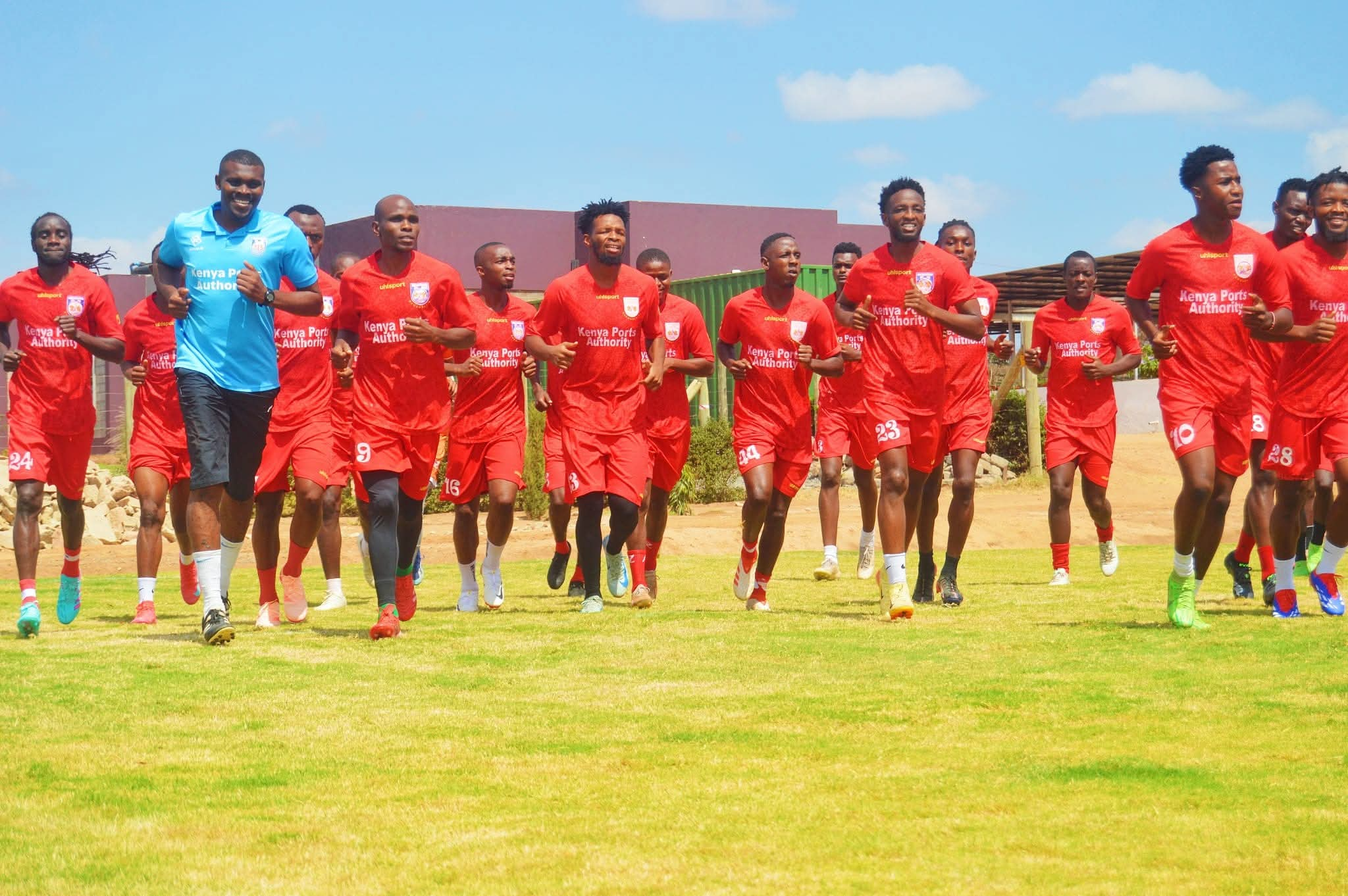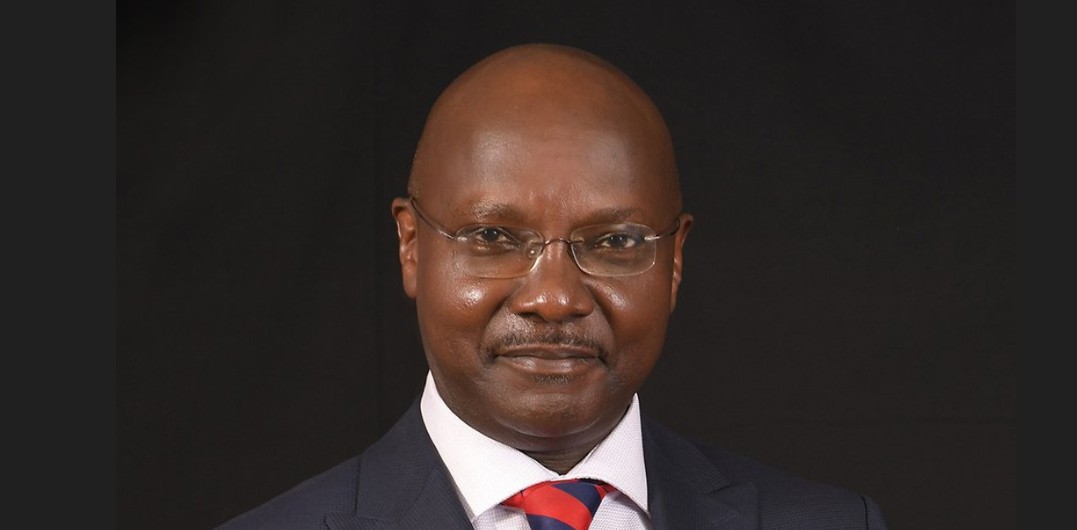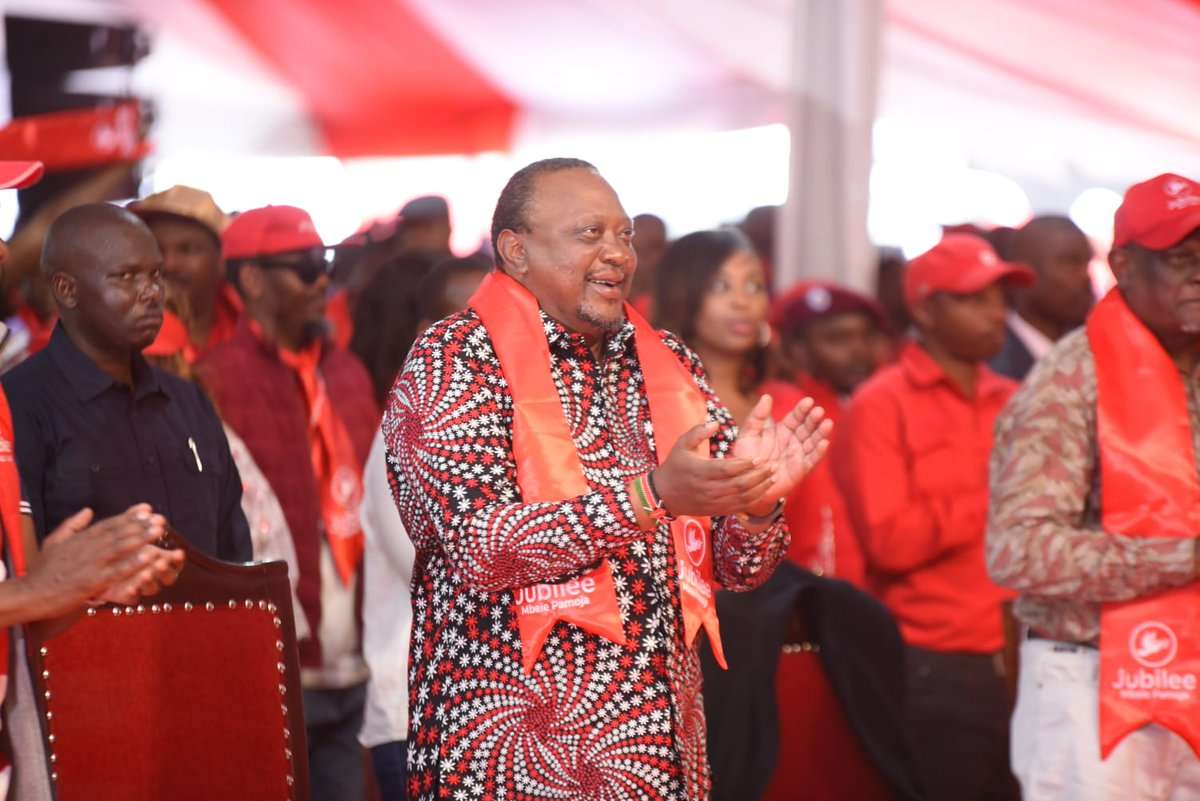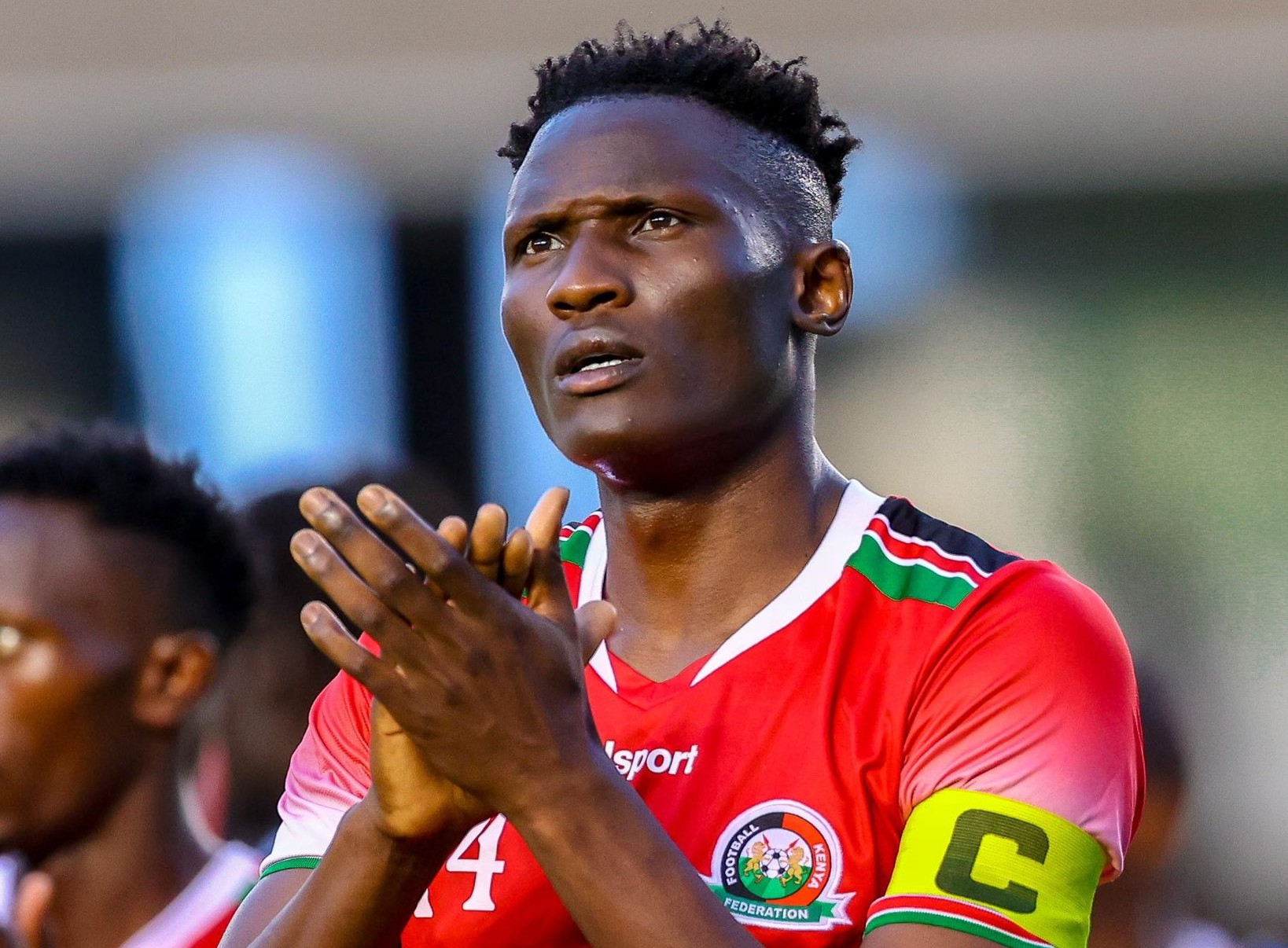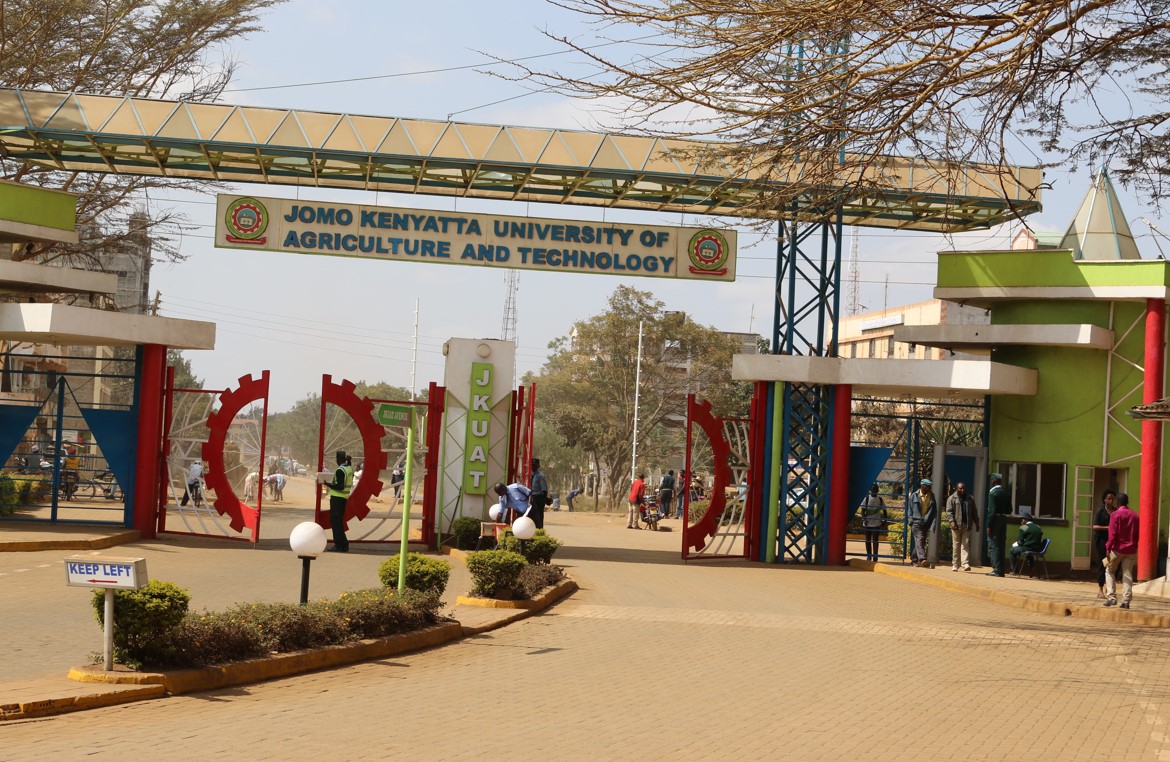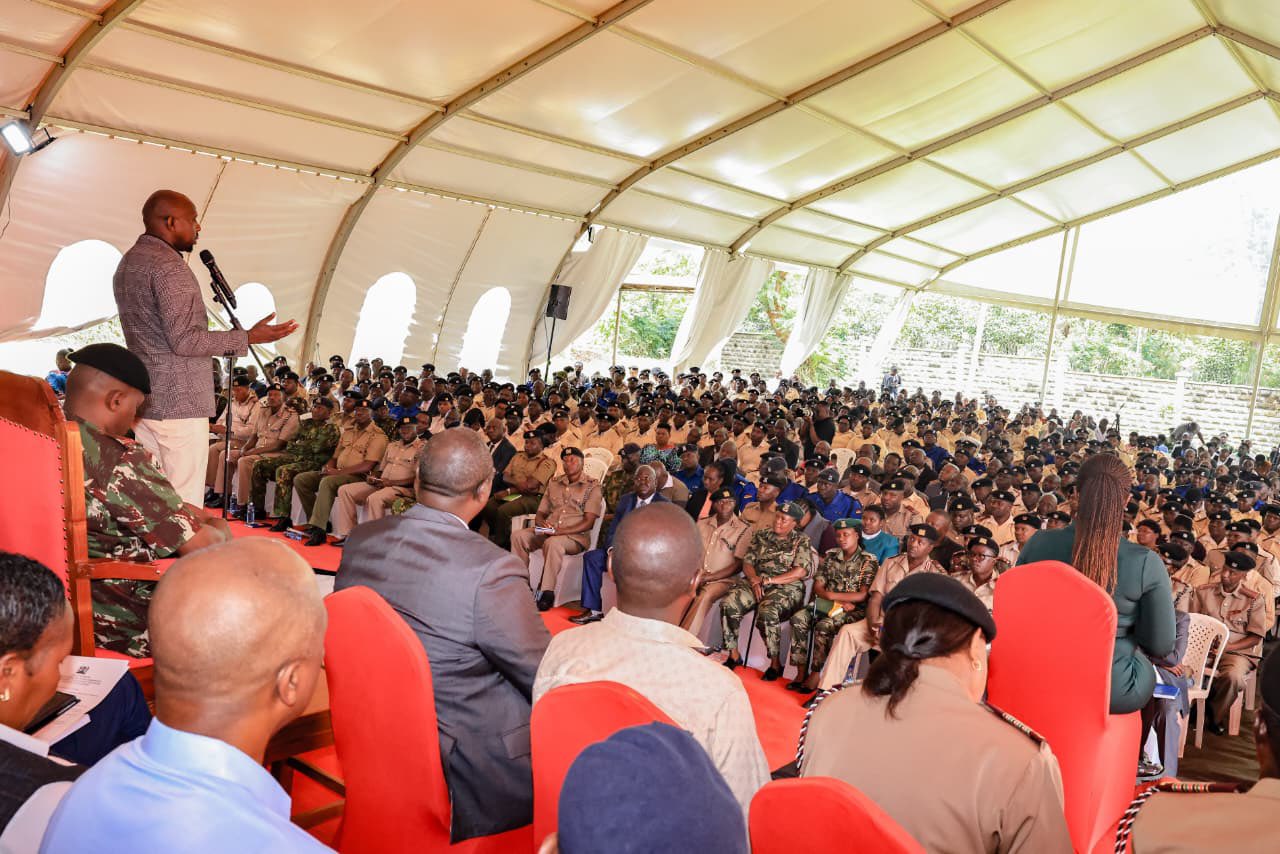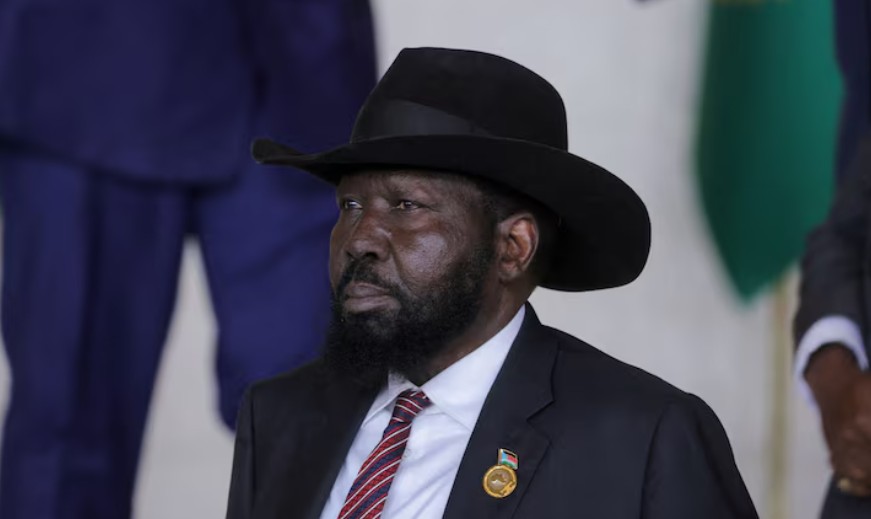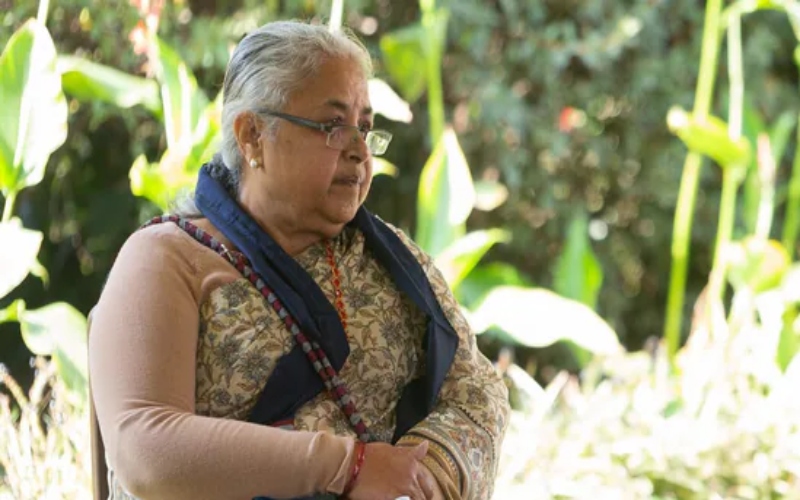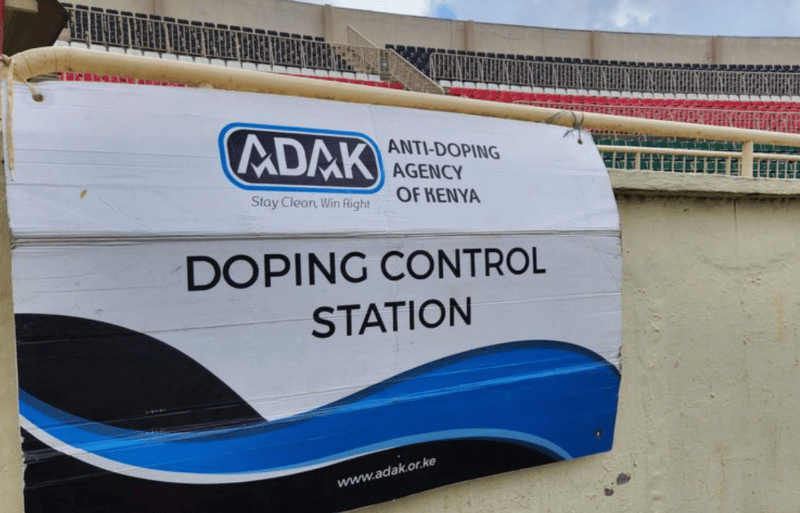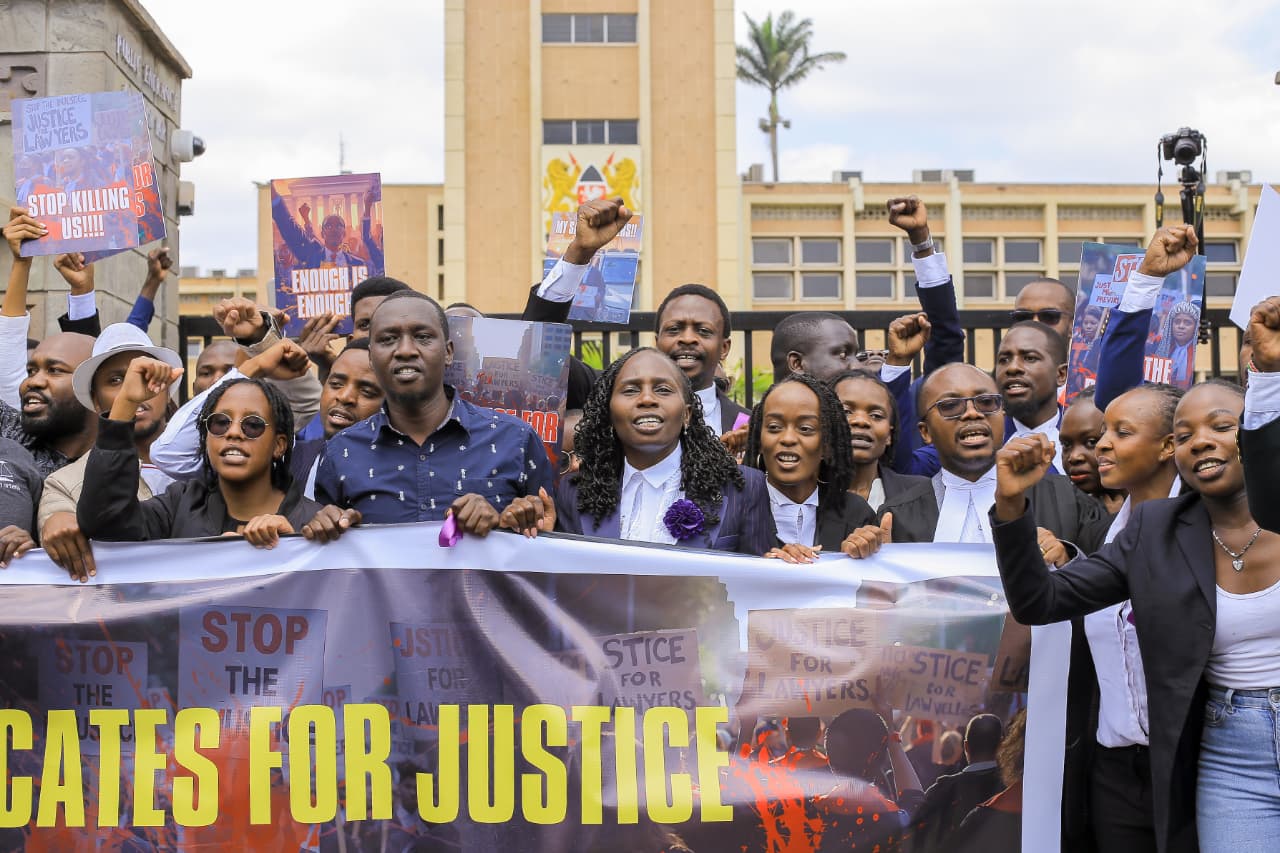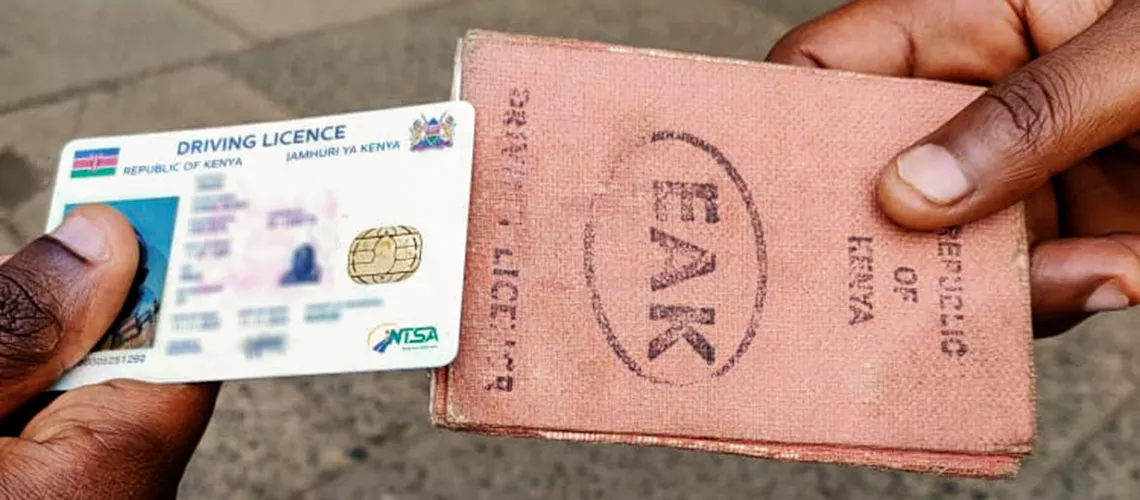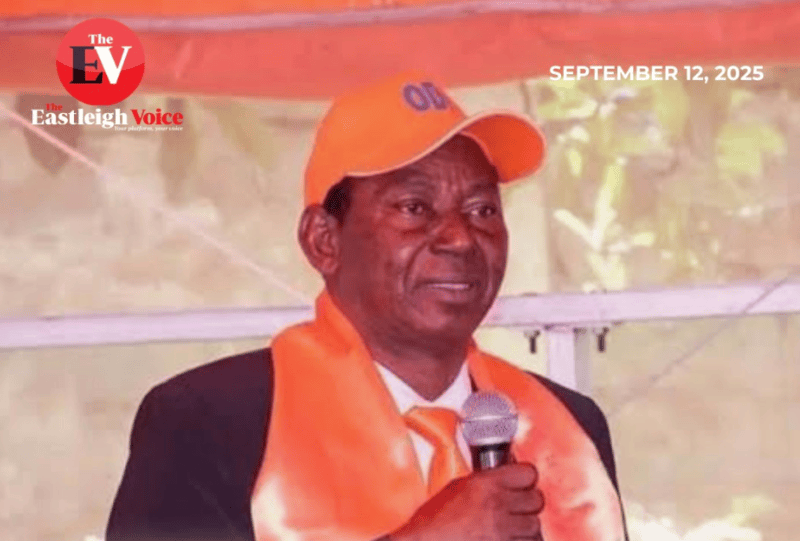Nearly 5,000 killed in Haiti gang violence between October and June 2025 - UN
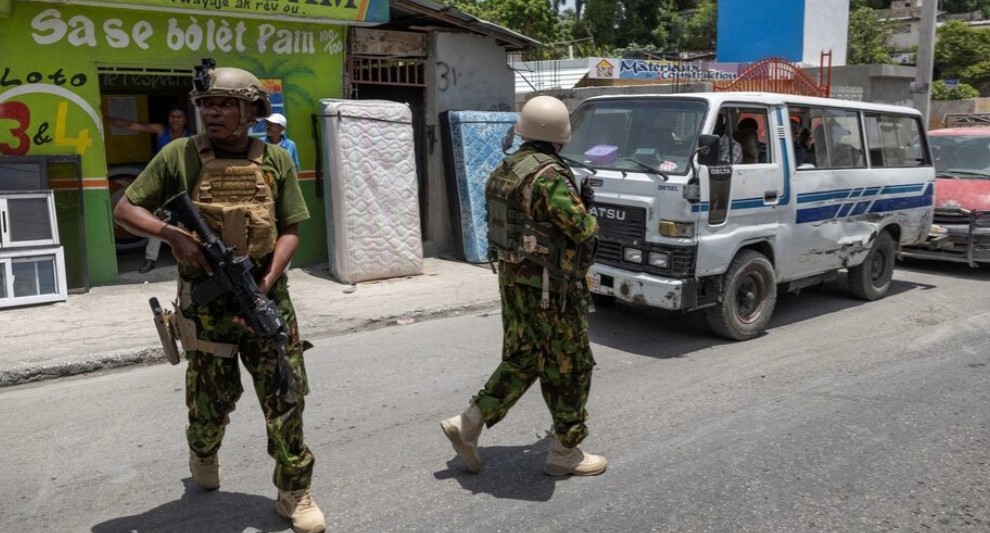
To help stabilise the situation, Kenya is leading a multinational support mission to assist the Haitian National Police. The team includes officers from Jamaica, the Bahamas, Bangladesh, Benin, and Chad, with 800 deployed to Port-au-Prince.
Haiti’s gang violence has reached alarming levels, with nearly 5,000 people killed since October 2024 and hundreds of thousands forced to flee their homes, according to a report released on Friday by the UN Human Rights Office.
The surge in killings and widespread insecurity is aggravating an already severe humanitarian crisis and raising fears of wider instability across the Caribbean.
More To Read
- Kenya appeals for global support to secure peace in Somalia, Haiti
- Haiti: UN relief chief implores ‘we have to do better’ to support gang-ravaged nation
- Kenya-led mission in Haiti set to end in October if UNSC adopts new resolution
- Kenya reaffirms commitment to Haiti peace mission despite challenges
- Kenyan police officer killed in Haiti accident identified
- Kenyan officer, civilian killed in Multinational Security Mission convoy crash
The report attributes most of the violence to armed gangs that have taken control of large parts of the country, particularly in and around Port-au-Prince. Of the 4,864 deaths recorded between October 2024 and June 2025, more than 1,000 were reported in the capital and its surroundings.
“Violence increased sharply in recent months,” the U.N. High Commissioner for Human Rights (OHCHR) report stated.
Ulrika Richardson, the UN’s resident and humanitarian coordinator in Haiti, noted that violence is also growing in areas where the state is nearly absent.
“Human rights abuses outside Port-au-Prince are intensifying in areas of the country where the presence of the State is extremely limited,” she said. “The international community must strengthen its support to the authorities.”
The wave of violence has overwhelmed local law enforcement, pushed humanitarian groups to scale back their work, and forced health facilities such as the University Hospital of Mirebalais to shut down.
The disruption to services is worsening living conditions for many, as families flee their homes and basic needs go unmet.
To help stabilise the situation, Kenya is leading a multinational support mission to assist the Haitian National Police. The team includes officers from Jamaica, the Bahamas, Bangladesh, Benin, and Chad, with 800 deployed to Port-au-Prince.
However, the mission is struggling due to a lack of funding.
The force depends on voluntary support from UN member states, and the financial gap widened after former US President Donald Trump froze $13 million (Sh1.7 billion) meant for the operation.
In response to the financial crisis, Haiti requested that the UN Security Council in January to convert the current mission into a full UN peacekeeping operation.
This move has been echoed by Brazil’s President Inacio Lula da Silva, who said the mission is too weak to meet the scale of the crisis.
Speaking after a visit by Prime Cabinet Secretary Musalia Mudavadi, President Da Silva called for stronger backing from the UN. Mudavadi had asked for Brazil’s support in helping rebuild Haiti’s broken communities and security systems.
Da Silva urged the UN to step in with more resources or redesign the operation entirely.
Top Stories Today
